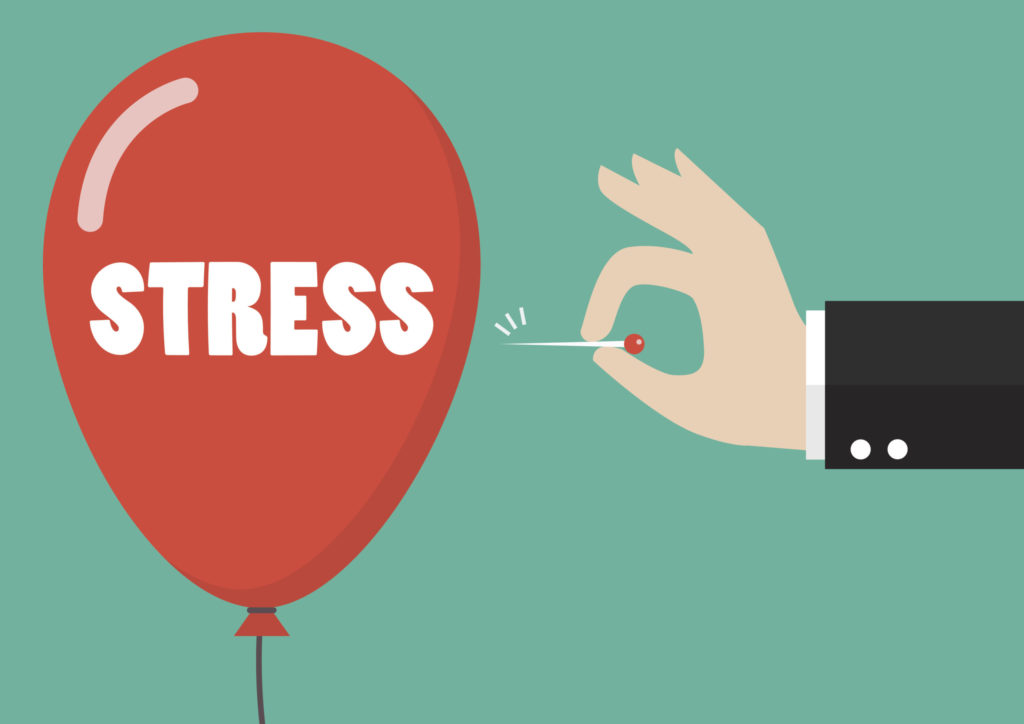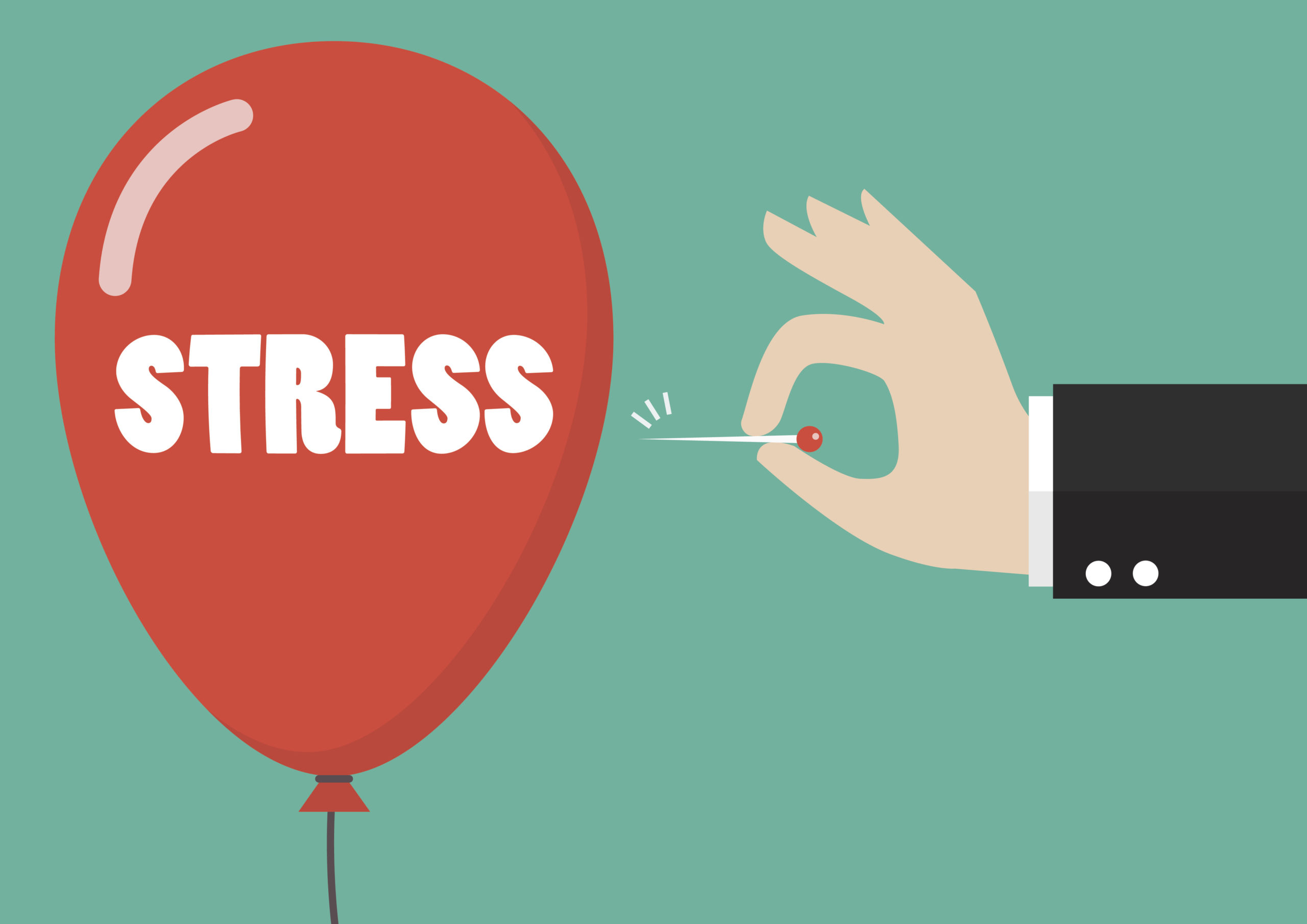
We are living in very frightening moments. Everywhere from the social media to the news, reports about COVID-19 have taken over, leaving most of us with a common question, “how can you deal with coronavirus anxiety?” To keep safe from the ordeal, it is advisable to rely on trusted sources of information to help develop better plans of action.
The Truth About COVID-19 Anxiety
Coronavirus has been surrounded by a lot of uncertainties. It is already a global pandemic that has forced cities and countries to go under a complete shutdown. Some of us are living in areas that have already been affected, leaving everyone’s eyes open into the headlines as we try to brace what is going to ensue next.
Can there be a perfect recipe for COVID-19 anxiety and panic? The uncertainty revolving around this coronavirus pandemic is the hardest thing we are currently experiencing. Despite some having met the reality about the epidemic, no one knows of the impact it might create in the future or how difficult things might soon get. But does this create a room to panic? No, there are many things we can do to cope with the situation. Below are steps you can take to reduce stress-induced by Coronavirus.
Steps to Take to Reduce Coronavirus Stress
Always stay informed
The primary way to cope with anxiety or avoid any form of distress through this challenging moment is to stay informed. This does not mean you keep obsessively checking the news but rather being always informed of what is happening in your locality. This way, you will not only be in a position to trail with the safety precautions being given by the advisory but also be in a position to slow down the spread of the disease.
Despite the encouragement to stay informed, there is a lot of misinformation making rounds. To avoid this;
- Be sure to stick to getting your information from reliable and trustworthy sources. Some of those you can trust include; The Centers for Disease Control and Prevention (CDC), the World Health Organization (WHO), and public health authorities at your locality.
- Limit the number of times you check for updates. As being informed is essential, avoid regular check for updates as it is one of the ways to increase COVID-19 anxiety. However, the limit differs between individuals and therefore, pay attention to your feelings and adjust accordingly.
To sum up on this measure, if you feel your anxiety has become an issue, consider regulating your media consumption. Consequently, through this period, restrain from sharing unverified information to avoid causing panic to others.
Pay attention to things you can control
The worst thing about this pandemic is that it has come in line with very many things that are hard to control. For instance, no one knows how long it is going to last, the technique other people are using to control it, and even what is going to happen next in our communities. With all these anonymities, continuing to focus on questions that have unknown answers will add more anxiety to the point of leaving us drained.
Then what should we do? Coronavirus is already here with us, and it is something we cannot deny. Rather than focusing on things such as thinking of how severe this deadly disease might be in your village in a few coming weeks, focus on things you can control. This should include the already laid measures by WHO that will help prevent your risk of contracting the disease.
Some of these measures include;
- Keep your hands clean by frequently washing them (at least after every 20 minutes) with soap, a hand sanitizer containing not less than 60% alcohol.
- Avoid at any cost touching your face, particularly mouth, nose, and eyes, which are the entry points of the virus to your body.
- Undertaking a self-quarantine at home even if you do not feel sick.
- Avoid any form of crowds or gathering that exceeds five people.
- Avoid non-essential travel or shopping.
- If you must be out, ensure a 6 feet social distance between you and others.
- Ensure you eat healthily and get plenty of sleep to help support your immune system.
Final words
The current moments are the most extraordinary in our lifetime. Most of us have not been used to long stays at home and might find the measures themselves a stressor. To avoid any form of anxiety, be sure to apply all the stress management strategies that have been tried and proven to be true. Ensure you eat healthily, get plenty of sleep, and above all, follow all the recommendations and directives from health authorities.
